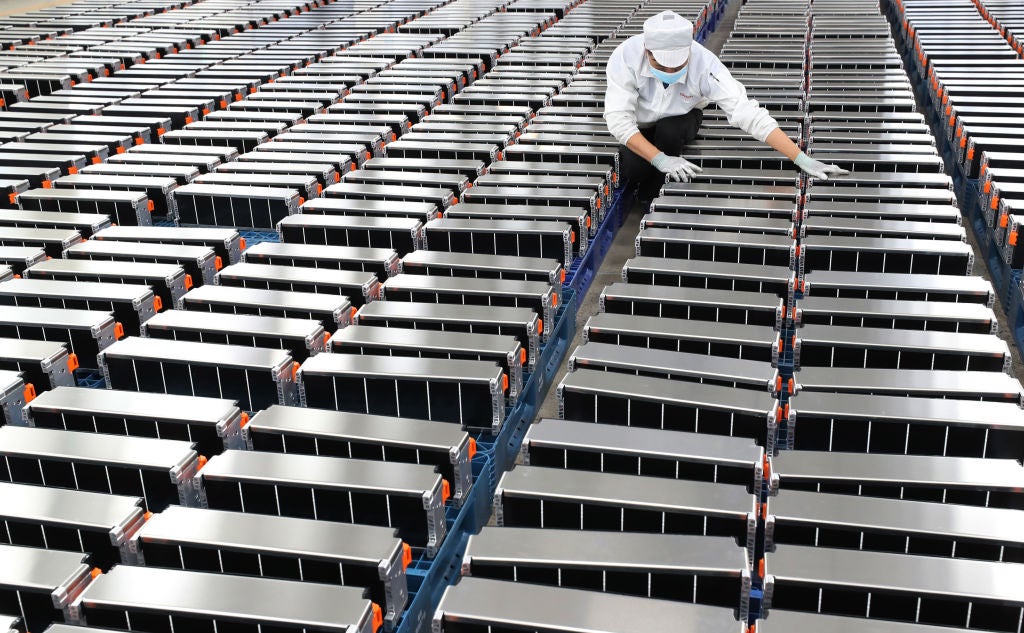
The EU deal to phase out combustion engine cars in just over 12 years is challenging, but an more daunting obstacle will be making enough batteries to power the electric cars needed as a result, a senior Volkswagen executive has said.
The comment came after EU countries agreed deals on proposed laws to combat climate change early on Wednesday, including one requiring new cars sold in the EU to emit zero CO2 from 2035, Reuters reported.

Discover B2B Marketing That Performs
Combine business intelligence and editorial excellence to reach engaged professionals across 36 leading media platforms.
That would make it impossible to sell internal-combustion engine cars.
The European Commission had first proposed the package last summer, aimed at slashing emissions this decade but the deal overnight mades it likely the proposal would become EU law.
“It’s a challenging goal. We think it’s doable,” VW chief financial officer Arno Antlitz told Reuters.
“The most challenging topic is not ramping up the car plants. The most challenging topic will be ramping up the battery supply chain.”
Reuters noted VW had said it would stop selling combustion engine cars in the region by the target but some carmakers further behind in the race to develop EVs such as Toyota might struggle to meet the target. The carmaker declined to comment to the news agency.
Major carmakers have been racing to secure battery cell supplies, but finding enough battery raw materials may be a bigger problem.
Failure to obtain adequate supplies of lithium, nickel, manganese or cobalt could slow the shift to electric vehicles (EVs), make those vehicles more expensive and threaten carmakers’ profit margins.
The report noted Stellantis CEO Carlos Tavares had said last month he expected a shortage of EV batteries would hit the auto industry in 2024-2025 as manufacturers try to ramp up electric vehicle sales while still building new battery factories.
The agreement in Luxembourg came after more than 16 hours of negotiations, with Italy, Slovakia and other states wanting the phase-out delayed to 2040, Reuters noted.
Countries eventually backed a compromise which kept the 2035 target and asked Brussels to assess in 2026 whether hybrid vehicles could comply with the goal.
The 2035 proposal is designed so that in theory, any type of car technology such as hybrids or cars running on sustainable fuels could comply with it, as long as it means the car has no carbon dioxide emissions.
The Commission’s 2026 review would assess what technological advances have been made in hybrid cars to see if they can comply with the 2035 goal, Reuters added.






